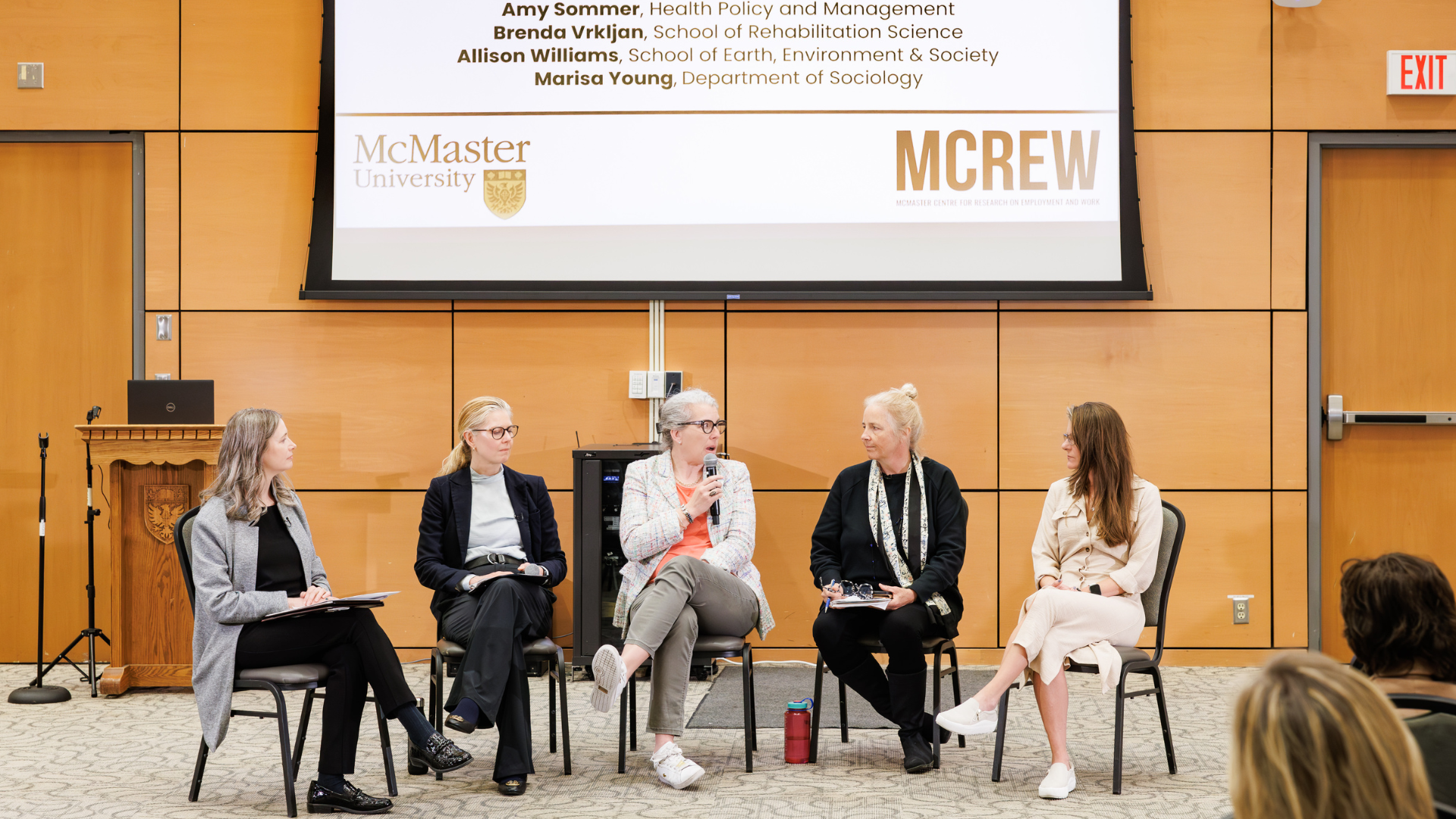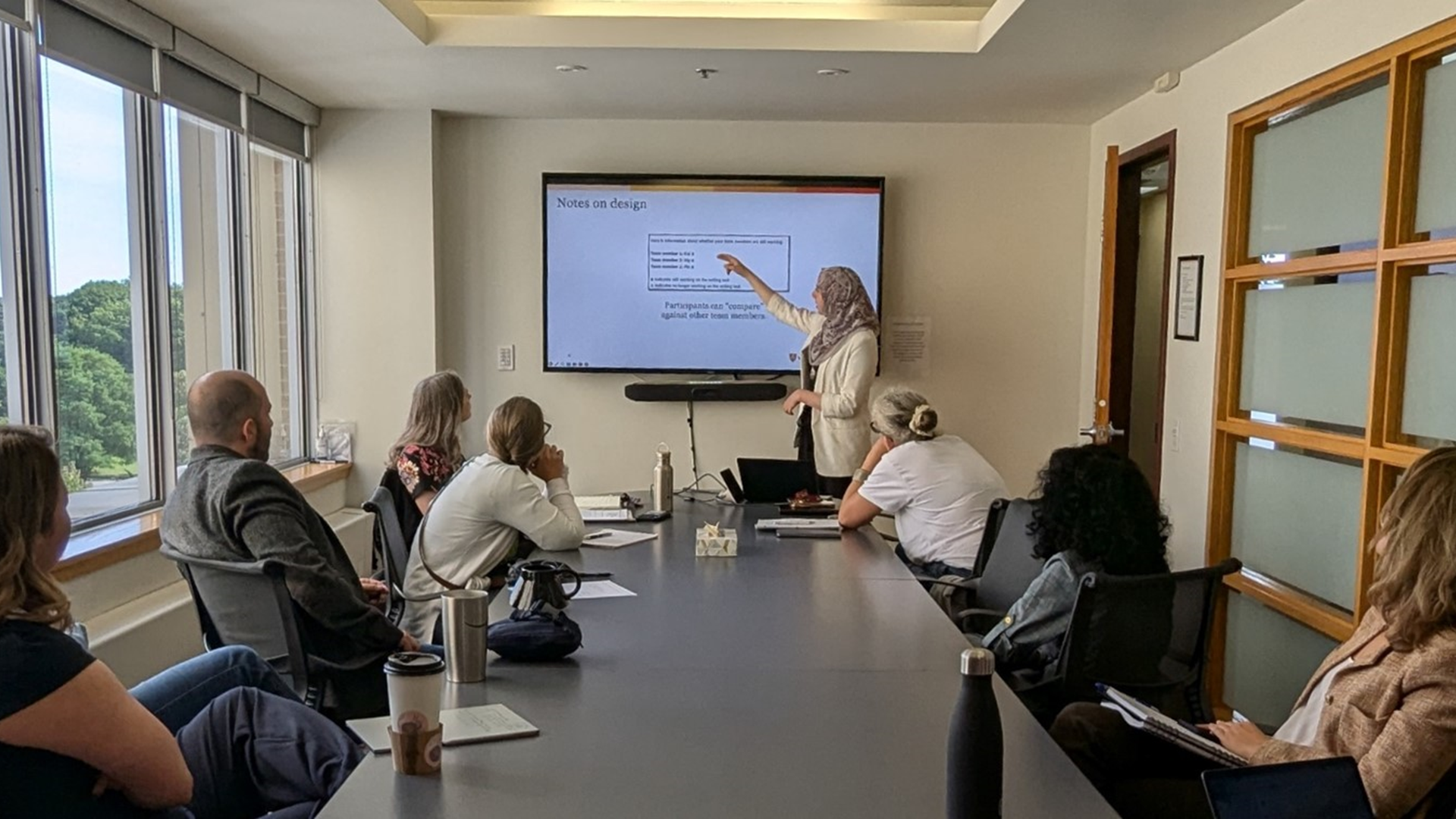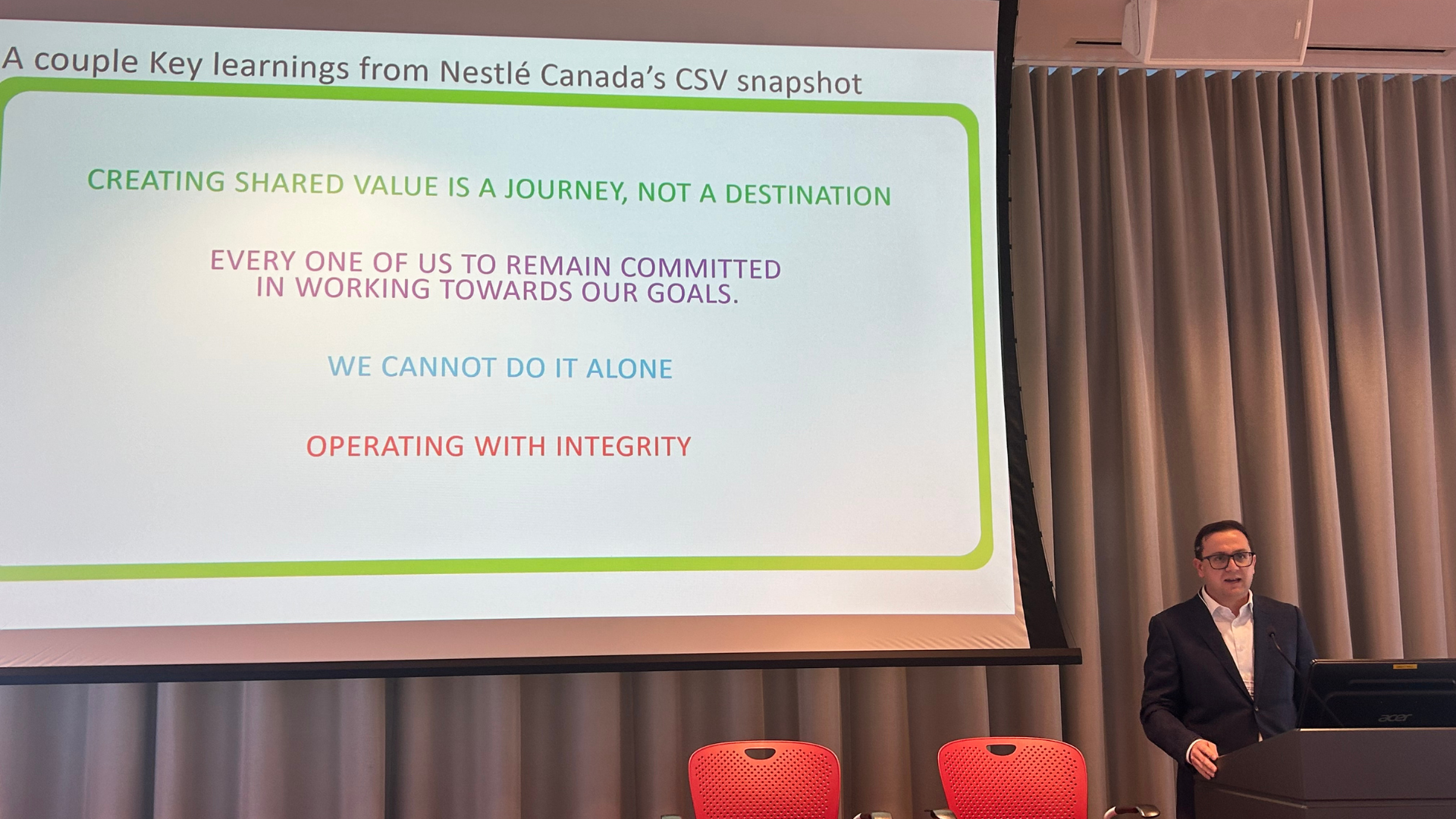HUMAN RESOURCES AND MANAGEMENT RESEARCH STAFF
In the News: Protect Employees from Mental Burnout
August 5, 2022 ·
Contributed by: The Hamilton Spectator

Everything is connected. It is not enough, as Premier Doug Ford sometimes seems to think, to throw up a few “Open For Business” signs at the Ontario border, note the 300,000 or so job vacancies in the province, then look no farther at what is an ongoing crisis in mental health and ongoing revolution in the way people work.
A recent report by Lifeworks, which generates a monthly mental health index, said Canadian workers are experiencing increasing strain. Their mental health in June was at its lowest levels since the height of the Omicron wave in January and they are feeling equally stressed at work as they are in their personal lives.
As workers return to offices under the pandemic’s latest wave, and the cost-of-living soars, experts warn that not enough is being done to protect employees from mental burnout.
The report said a third of Canadians have a high mental-health risk and that women consistently have significantly lower mental-health scores than men. Even when the consequences are not acute, stress levels are producing difficulty sleeping, inability to relax and emotional issues such as anxiety and depression, the report said.
Moreover, two-thirds of Canadians believe that those with mental-health conditions are treated differently by employers.
Stephen Liptrap, president of Lifeworks, said the report suggests that “conversations surrounding worker well-being and support should be continuing to ramp up, not slow down.”
Catherine Connelly, a Canada Research chair and human resources and management professor at McMaster University, said “what the findings show is we need to have a fundamental look at the workplace.”
It’s an excellent suggestion, and even offers the premier an opportunity to address his own workplace challenge. He has just won a second majority. He has numbers of MPPs who will be, to put it charitably, underemployed. He has four years until his next appointment with voters.
Ford should consider appointing a select committee, or other panel, to take a deep look at the changing world of work.
The impact of globalization and technology, the concern of recent generations with quality of life and workplace flexibility, and the consequences of the pandemic and the remote work it demanded, has fundamentally altered the work world.
The demands of our work lives affect how we live, how we love, how we play. In short, everything. We could all benefit from a thorough look at what’s needed to improve matters. What, for example, are the best practices for the hybrid working arrangements that now seem part of all our futures?
As it happens, there’s a person in the province who might be well suited to head such a commission.
Former premier Dalton McGuinty has been absent from public life since leaving government a decade ago. McGuinty was a famously thoughtful politician and a famously committed family man who might be ideal for the task.
He was early in expressing concern about the costs on personal health and family lives of the just-in-time lives too many Ontarians led. That was part of the impetus, in fact, for his establishment of the Family Day statutory holiday in February each year.
To commission a deep dive into one of the most important issues of the times would be a wise and useful move that would allow the current premier to demonstrate that his interests go beyond cars, roads and simplistic solutions to complex problems.















